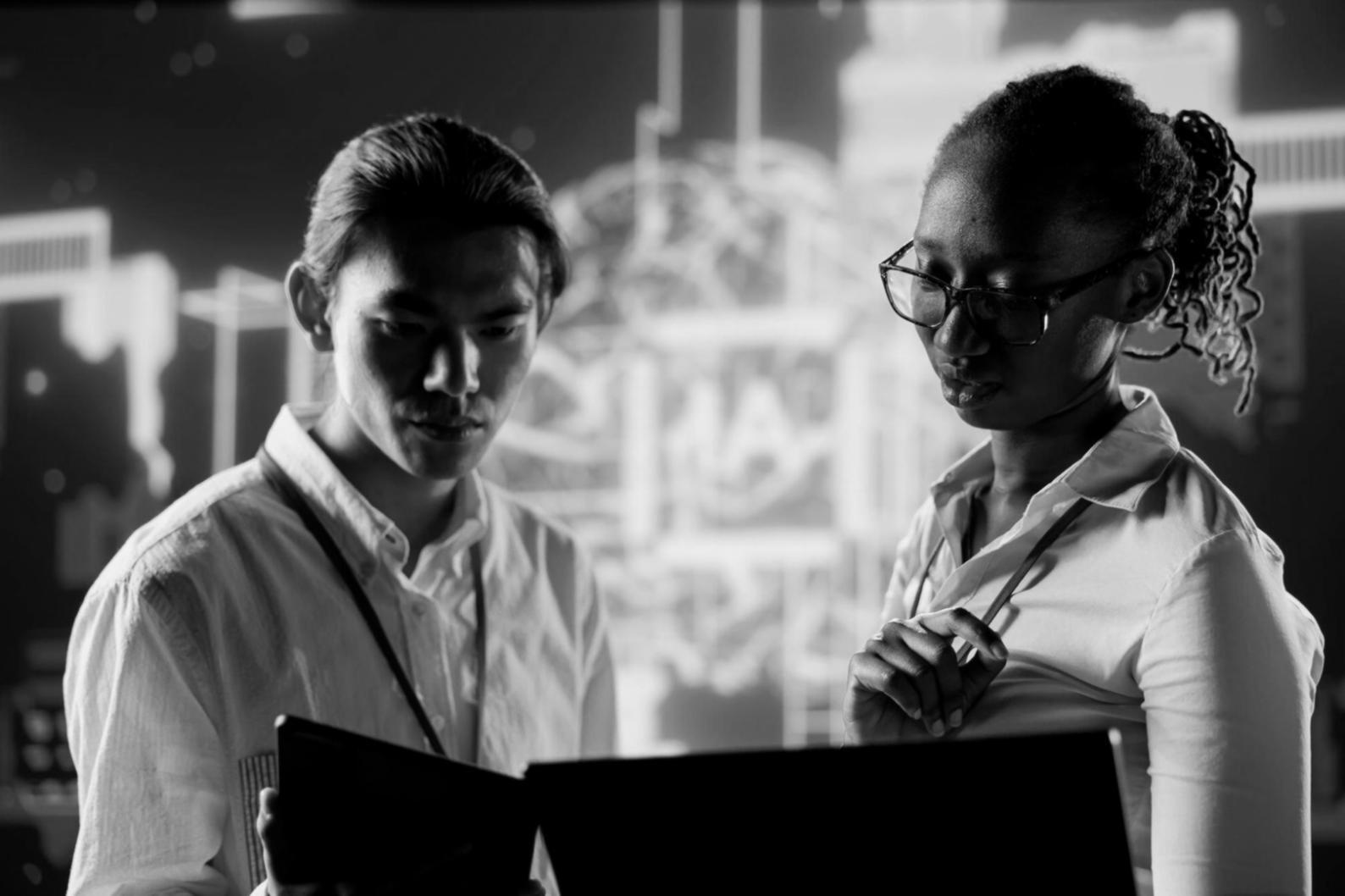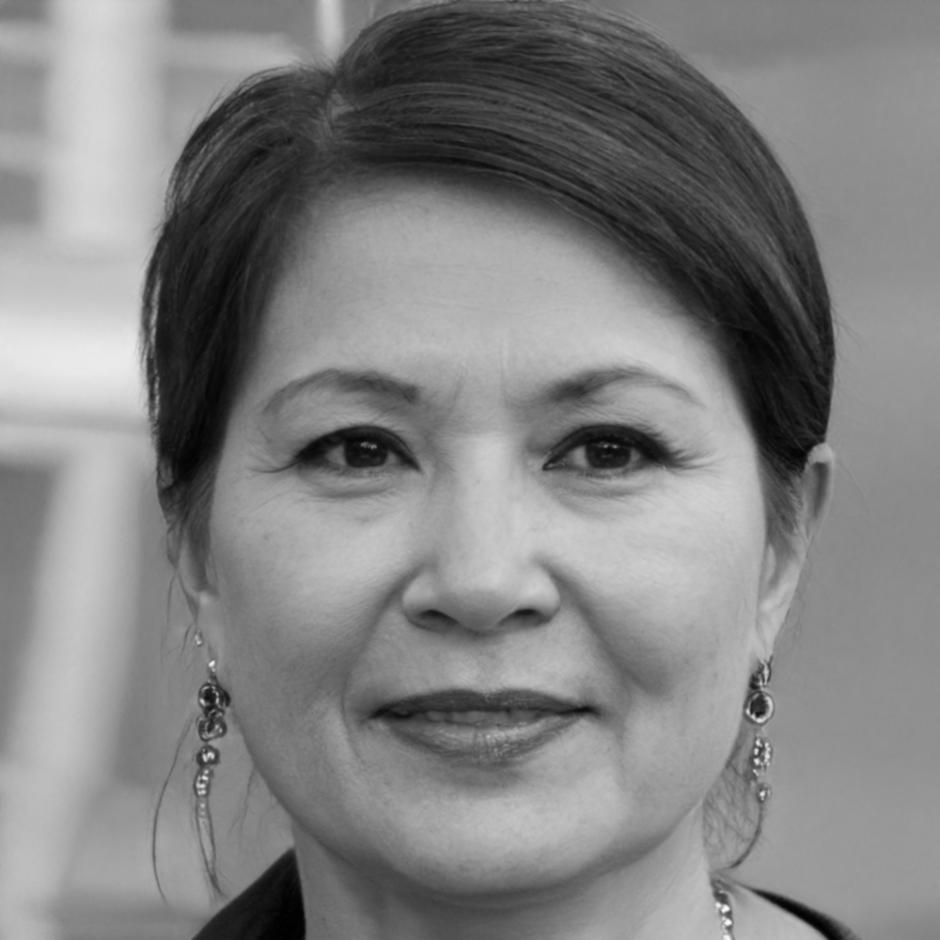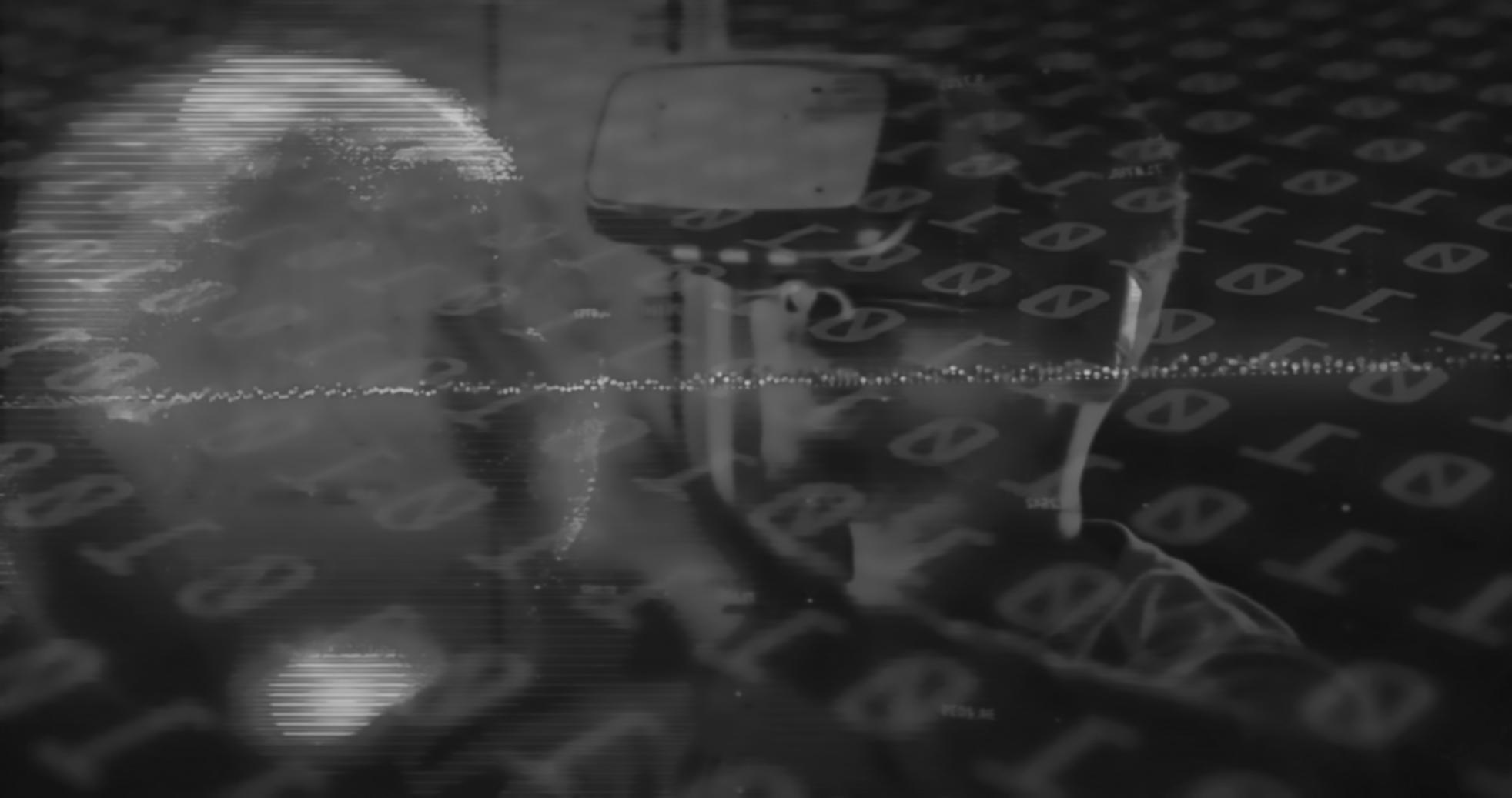Build Game Worlds That Players Remember
Most 3D environment courses teach you software buttons. We teach you how to think like an environment artist. Over six months, you'll learn spatial storytelling, lighting psychology, and the technical craft that makes virtual spaces feel lived-in and real.
Explore Our Program
Your Path From Beginner to Environment Artist
We break down the learning process into three focused phases. Each builds on the last, giving you time to absorb concepts before moving forward.
Foundation Block
You'll start with spatial composition and basic modeling. No assumptions about prior experience. We cover polygon flow, UV mapping basics, and how to think in three dimensions. By week eight, you'll have built your first small environment.
Technical Development
This is where things get interesting. Texture creation, material systems, lighting setups. You'll learn optimization techniques that keep frame rates smooth without sacrificing visual quality. Real game constraints, not just pretty screenshots.
Portfolio Creation
The final months focus on your showpiece. A complete environment that demonstrates your understanding of mood, narrative, and technical execution. We'll critique it weekly, help you refine details, and make sure it represents your best work.

How We Actually Teach This Stuff
Look, there are plenty of tutorial channels out there. But watching someone model a rock doesn't teach you when to use that rock, or why certain spaces feel claustrophobic while others feel epic. That's what we focus on.
Small Group Sessions
Classes cap at twelve students. Everyone gets direct feedback on their work. You're not lost in a crowd of fifty people trying to get the instructor's attention during critique.
Real Production Scenarios
We use actual project briefs from game studios. Limited polygon budgets. Specific platform requirements. You'll learn to work within constraints, because that's what the job is actually like.
Ongoing Mentorship Access
Questions don't stop when class ends. Our instructors are available through dedicated channels. Stuck on a shader issue at 10pm? Post your question. You'll usually get a response within hours.
Program Investment
We offer two payment structures depending on your situation. Both give you the same access, same instruction, same support.
Full Program
- 24 weeks of structured instruction
- Direct mentor access throughout program
- All software licenses included
- Portfolio review sessions
- Asset library access
- Community workspace during program
Monthly Option
- Same comprehensive curriculum
- Identical mentor support
- Software licenses provided
- Portfolio guidance included
- Full asset library
- Workspace access throughout

I came in knowing Blender basics but had no idea how to actually design a space. The way instructors broke down environmental storytelling changed everything. Six months later, I had a portfolio that got me interviews at studios I didn't think would look at my work.

